 Henri Barthel Henri Barthel
Chairman of ISO/IEC JTC 1/SC 31
Henri Barthel is the chairman of ISO/IEC JTC 1/SC 31, the committee setting the global standards for barcodes and radio-frequency identification (RFID). Henri Barthel worked at the GS1 Global Office based in Brussels, Belgium, where he was responsible for protecting the integrity of the GS1 system and for managing the partnerships that GS1 enjoys with external standards bodies, e.g. ISO, UN/CEFACT, W3C. He is now a free-lance consultant available to advise on standards and techniques to improve supply chain efficiency.
|
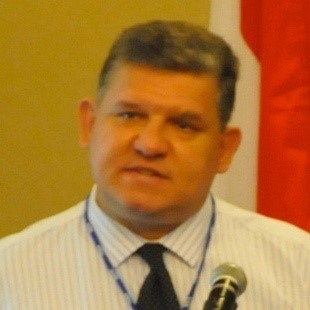 Marco Carugi Marco Carugi
Mentor of ITU-T SG20 and ITU-T SG13, Q2/20 Rapporteur and Q20/13 Co-Rapporteur
Technical areas of current involvement include Future Networks incl. IMT-2020/5G and Network 2030, Internet of Things/M2M, Big Data and ML/AI. He has professional experience in R&D and technology strategy, and he has worked in different market roles in Solvay group, Orange Labs, Nortel Networks CTO division and ZTE R&D Technology Strategy. Marco is active in standardization since long time, leading standards specifications in different domains (NGN, IoT/M2M, Big Data, IMT2020) and holding leadership positions. In the current 2017-2020 ITU-T study period, among other tasks, he is Champion of the Use Case Analysis and Requirements deliverable within the Focus Group on Data Processing and Management to support IoT and Smart Cities and Communities, as well as Editor of the Use Cases and Requirements deliverable within the ITU-T Focus Group on Technologies for Network 2030. During 2018 he has acted as Rapporteur for the European Commission in the joint MSP/DEI WG on Standardisation in support of Digitising European Industry and Editor of the Final Report of the WG (Dec 2018). He holds an Electronic Engineering degree in Telecommunications from University of Pisa (Pisa, Italy), a M.S. in Engineering and Management of Telecommunication Networks from National Institute of Telecommunications (Evry, France) and a Master in International Business Development from ESSEC Business School (Paris, France). He has also completed an Executive Program on Big Data Science at Ecole Centrale (Paris, France). |
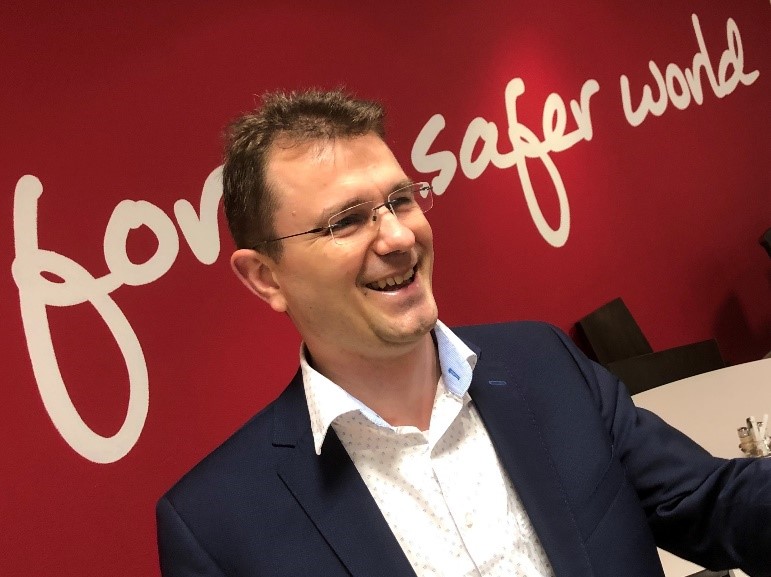 Arjan Geluk
Arjan Geluk
Lead Principal Advisor, Identity Management and Security, UL | Task Force Leader, mDL/mdoc for eHealth, ISO/IEC JTC1/SC17
Arjan Geluk has been in UL’s security business for almost two decades. He delivers security advisory to public and private organizations. He contributes to the development and standardization of new secure technologies. Arjan leads the ISO/IEC task force that developed the ISO/IEC 18013-5 international standard with protocols for mobile documents (mdocs) and the data model for mobile driving license. He advises various national and regional organizations regarding mobile credentials. Since the start of his career, Arjan has been involved in the deployment of digital credentials to which global interoperability is paramount. This includes the rollout of EMV smart cards for payment and the introduction of ICAO compliant biometric passports. Also, he supported the European Commission by drafting the regulation for electronic Driving licenses, and by developing the security framework for the European Smart Tachograph. Most recently, he led the development of the ISO/IEC guidelines for the development of ISO-compliant mdoc for eHealth. |
|---|
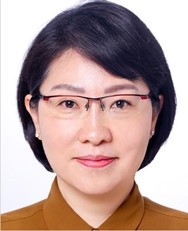 Hwajeong Hwang
Hwajeong Hwang
Consultant & Blockchain Business Development, LG CNS, Blockchain Business Enhancement Group
Hwajeong Hwang, she is the consultant and business development specialist in blockchain business enhancement group at LG CNS. She is a blockchain expert on DID especially in the public sector. In recent, she plays a role of change management and advisory for national mobile driver license business related to blockchain-based DID service from planning to implementation. On behalf of LG CNS, she has been participating as a Steering Committee member of Trust over Internet Protocol (ToIP) as LG CNS joined ToIP, which is the foundation for the digital identity, verifiable credential, blockchain technology, and secure communications to converge and create an interoperable architecture for decentralized digital trust. She has developed a blockchain-based business to build a distribution tracking system for eco-friendly agricultural products in domestic market as well. She has been working in the IT industry for 25 years. Prior to blockchain, she has implemented various projects for business process innovation, cloud computing platform development, and involved in establishment of standards development of cloud computing.
|
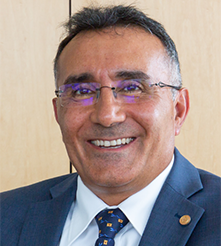 Bilel Jamoussi Bilel Jamoussi
Chief of Study Groups TSB, ITU
Tunisian born, Dr. Bilel Jamoussi is Chief of the Study Groups Department of ITU Standardization Bureau in Geneva Switzerland. Since 2010, he has been leading the bureau’s standards making activities into a new era characterized by rapid convergence and the need for increased collaboration with vertical sectors and partnership between developed and developing countries. Prior to 2010, Jamoussi worked for a Telecommunication equipment and solutions provider for 15 years in Canada and then in the United States where he held several leadership positions and was granted 22 US patents in diverse areas including packet, optical, wireless, and quality of service. He holds a BSc, MSc and PhD degrees in Computer Engineering from the Pennsylvania State University, USA. He is fluent in Arabic, French, and English and speaks some Spanish and German.
|
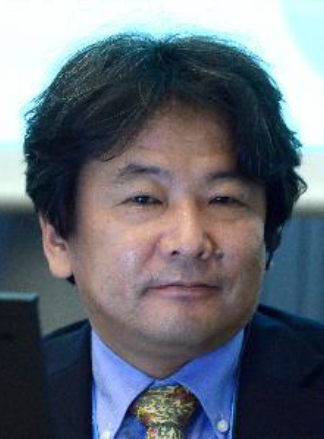 Masahito Kawamori Masahito Kawamori
ITU-T Study Group 16 Q28 Rapporteur | Project Professor, Media and Governance School, Keio University, Japan
Masahito Kawamori is a Project Prof. at the Media and Governance School, Keio University, Japan. Before joining Keio University in 2013, he had been a senior research engineer of NTT, which he joined in 1989 to do research and development in application of artificial intelligence, to convergent systems for mobile and fixed telecommunication, such as conversational robots and humanoids. This became, in 1998, a part of Japan Science and Technology Agency's program called Core Research for Evolutional Science and Technology Program that aimed at "Creating the Brain". Since 2000, he was involved in several projects in and outside of Japan to apply metadata and ontology for various services including, but not limited to, telecommunication and broadcasting, which have led to global standards that are currently commercially deployed in several services. He is also actively involved with the International Telecommunication Union, part of the United Nations.
|
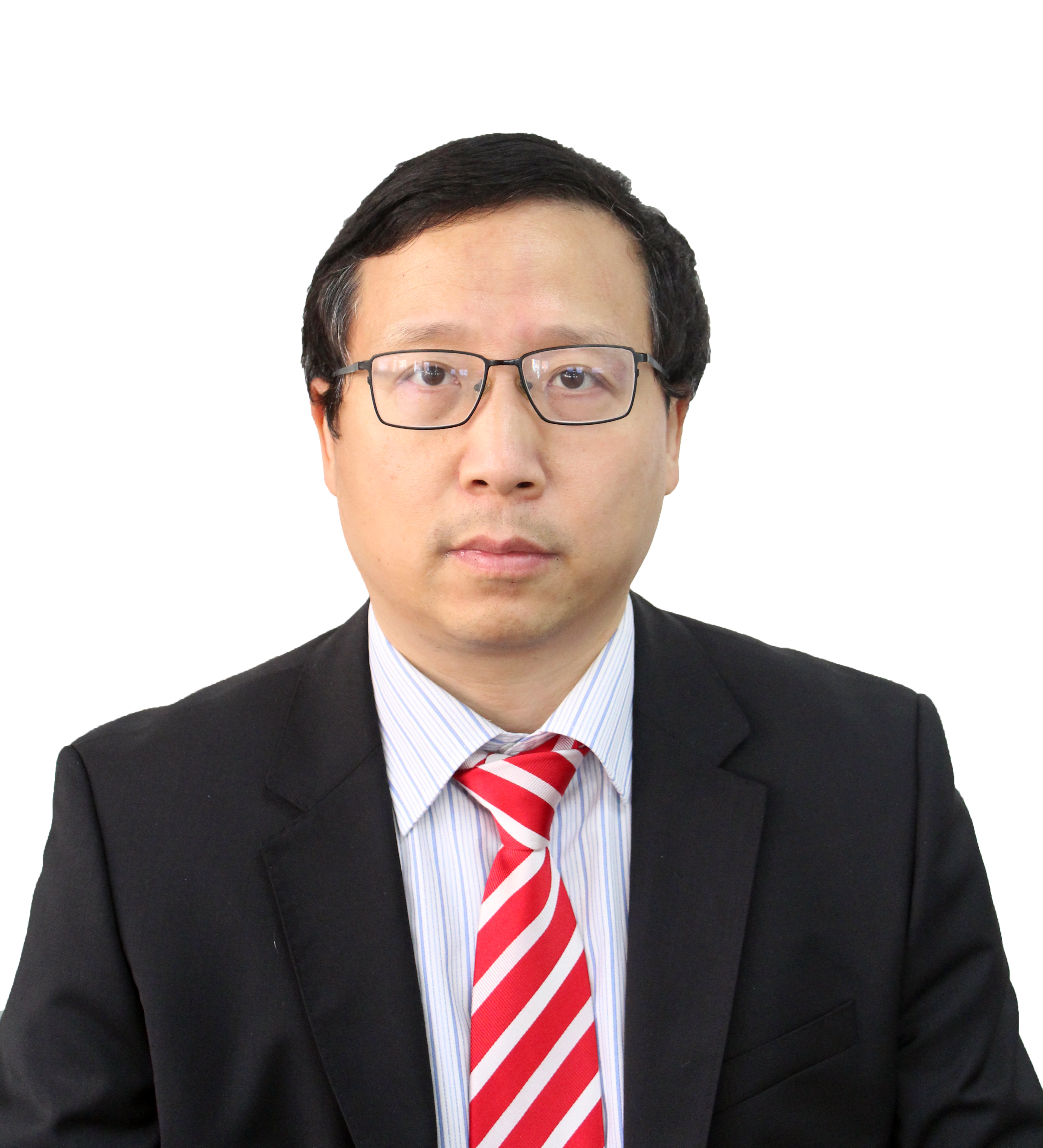 Noah Luo Noah Luo
Chairman, ITU-T Study Group 16 | Vice President, Dept. of Standardization and Industry Development, Huawei
Noah Luo is ITU-T SG16 Chairman, a position for which he got elected in 2016 and he had been vice chairman of SG16 during the period of 2008-2016. Mr. Luo is a VP and senior standardization and industry development expert from Huawei with a wide range of responsibilities including standards, industry development, ecosystems and regulatory policies, etc. Mr. Luo has been and is active in various standards fields including multimedia technologies, services and applications, AI, digitization of vertical industries, cloud and edge computing and communications technologies. He is based in Lausanne, Switzerland.
|
|---|
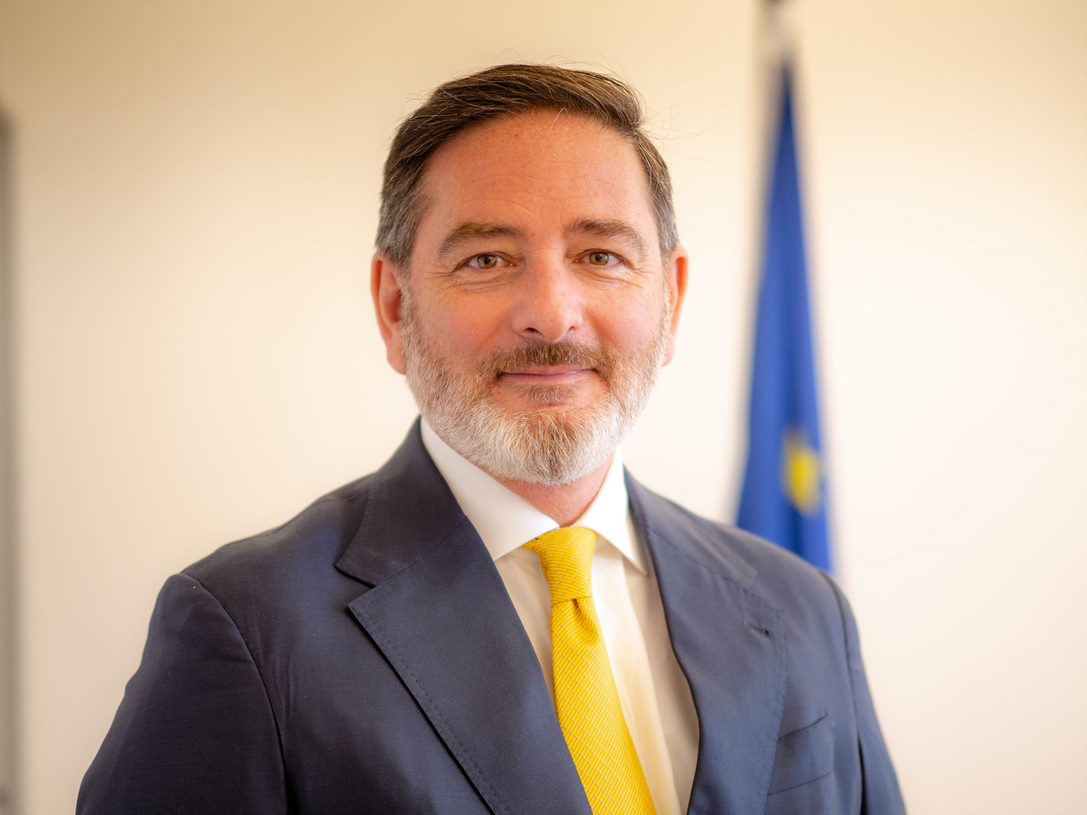 Marco Marsella Marco Marsella
Unit Head, DG CONNECT, European Commission
Marco Marsella is Head of the “eHealth, Well-being, and Ageing” Unit in the Directorate General for Communications Networks, Content and Technology (DG CONNECT) of the European Commission. From 2016 to June 2018, Marco Marsella was leading the Unit responsible for the Web Accessibility Directive, Safer Internet and Language Technologies. He has worked on policy development, innovation and research implementation in the areas of digital content, technologies for learning, e-inclusion and assistive technologies.
|
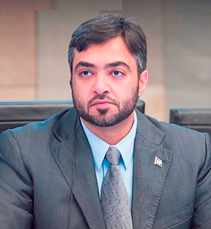 Nasser Saleh Al Marzouqi Nasser Saleh Al Marzouqi
Chairman ITU-T Study Group 20: Internet of things (IoT) and smart cities and communities (SC&C)
Mr. Nasser Al Marzouqi is the Chairman of the ITU-T Study Group 20 “Internet of things (IoT) and smart cities and communities (SC&C)” which provides the specialized IoT standardization platform necessary for the convergence to rest on a cohesive set of international standards. The focus of the research conducted by ITU-T Study Group 20 will be on identifying and analyzing emerging applications and global solutions for IoT and smart cities, which will contribute to improving the interoperability of various IoT-based technologies, a key factor in ensuring end-user and market acceptance of IoT solutions. Nasser Al Marzouqi is currently working for the Telecommunication Regulatory Authority in the United Arab Emirates in the International Affairs Division. He also functions as the UAE representative to the International Telecommunication Union (ITU) and has been closely involved in the major ITU conferences and events. He received his Master’s degree in Telecommunication Engineering from Latrobe University in Australia. The TRA in the UAE has been at the forefront of
pioneering developments in the field of ICT and in providing an optimal enabling environment in which the UAE’s ICT sector can flourish. Mr. Al Marzouqi is a firm proponent of converting existing systems to high-efficiency systems, helping to bridge the digital divide and to increase global communication and the transition to smart sustainable cities.
|
|---|
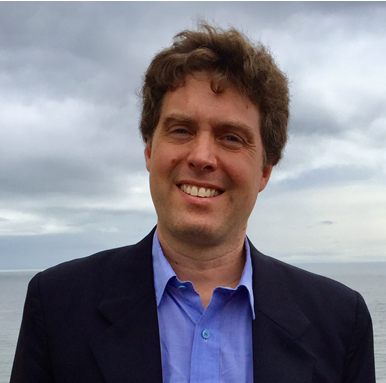 Garrett Mehl Garrett Mehl
Director AI and Unit Head, Public Digital Health Technology, Digital Health and Innovation Department, WHO
Dr. Garrett Mehl is the Director ai, and Unit Head of Digital Health Technology, in the Digital Health and Innovation Department of the World Health Organization in Switzerland and leads work related to digitizing WHO health and data recommendations into “SMART” standards-based guidelines and establishing pre-qualification mechanisms for digital health solutions that are consistent with WHO guideline recommendations and interoperability standards and specifications. His current work focuses on supporting the generation and synthesis of evidence related to digital health, developing evidence-based Guidelines and implementation guidance for governments, establishing standards-based content for digital systems, and facilitating evaluation efforts that promote scale and wide-scale adoption of digital and other innovations. Prior to joining DHI, Dr. Mehl coordinated the research and evaluation work on digital health and innovations in the Department of Reproductive Health and Research and HRP Special Programme, and research on adolescents in the WHO Department of Child and Adolescent Health; and worked on the development of the WHO Framework Convention on Tobacco Control.
|
Lía Molinari 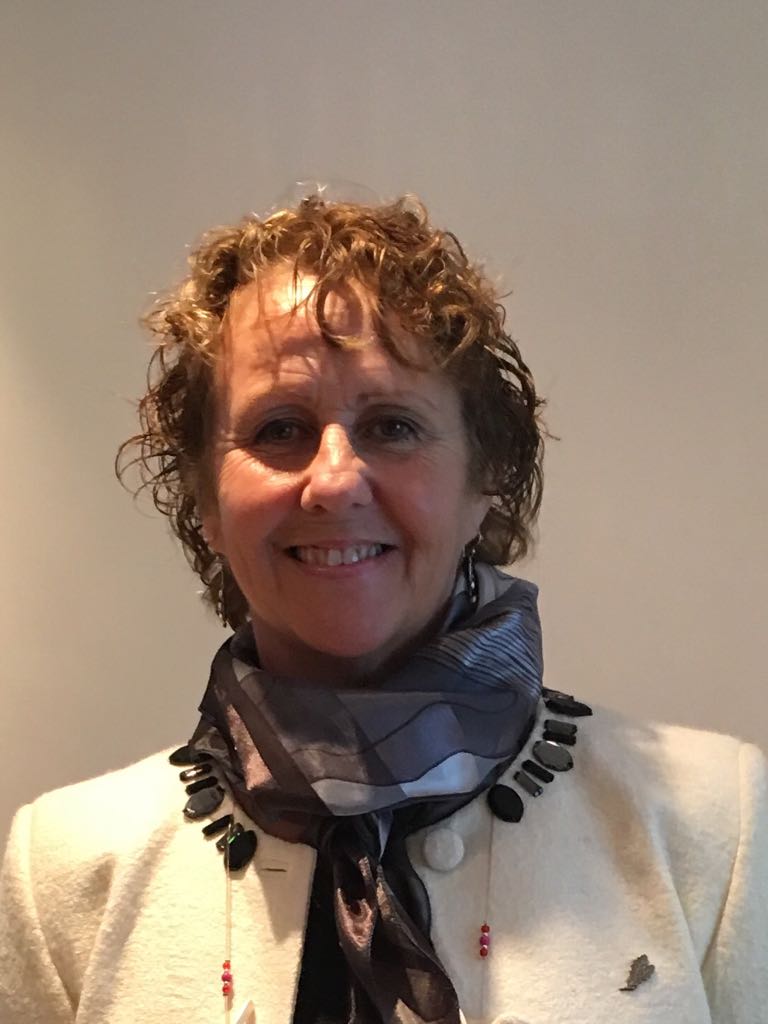
ITU-T Study Group 17 Vicechair, WP3/17 Vicechairman, Universidad Nacional de La Plata, Argentina
Since 1988, Professor at National University of La Plata (UNLP), Argentina, in the subjects Operating Systems, IT Governance and Auditing, and Security Management. Member of the Cybersecurity Team of the UNLP. She has a Phd in Administration Science and a Master in Data Networks. She was Director of On line Government of the Provincial Government of Buenos Aires, in charge of digital interaction with citizens in pandemic situation (December 2019 – November 2021). She was Vicedean of the Computer Science School, UNLP (2014-2018). Member of Argentine Standardization and Certification Institute (IRAM), the only representative of ISO for Argentina. She has the following professional certifications:
• Certified ISO/IEC 27032 Lead Cybersecurity Manager
• Certified Lider Auditor IRCA de ISO 27001.
• Certified CISA (Certified Information Systems Auditor).ISACA. Until 2019.
• Certified CISM (Certified Information Security Management). ISACA. Until 2019.
|
Jae Hoon Nah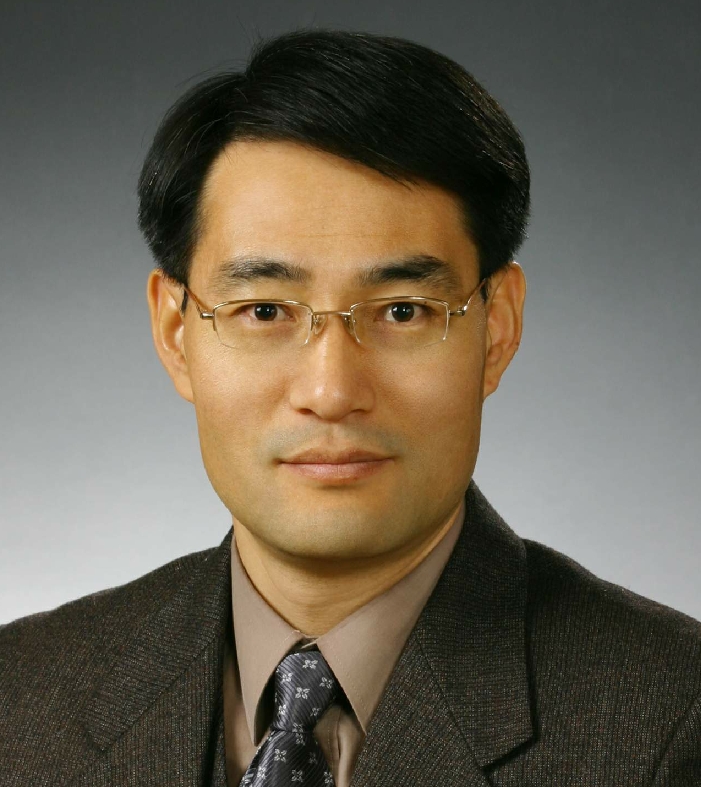
ITU-T Study Group 17 WP4 Chair & Rapporteur | Special Fellow Researcher, Security Research Laboratory, ETRI, South Korea
He began participating in ITU-T SG 17 in 2005. For the two Study Periods (2009 – 2012, 2013-2016), he served as a Rapporteur of Question 7/17 (Secure Application Services). He has been a Project Editor or Co-editor for 8 approved ITU-T Recommendations or agreed Supplements in the area of P2P (Peer-to-Peer) security, IPTV security, Web security, authentication protocol. From 1987, he has worked as a researcher for ETRI (Electronics and Telecommunication Research Institute), Republic of Korea. He is currently a special fellow researcher of Security Research Laboratory in ETRI. He had developed wired/mobile call processing software of a digital switching machine (TDX-10 ISDN, TDX-ATM) from 1987 to 2000. And He had developed security protocols and standards of secure P2P services, scalable code of IPTV security, Mashup Web security and enhanced attribute-aggregated authentication from 2001.
|
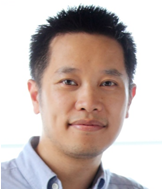 Jin Peng Jin Peng
Director, Standardization, Ant Group Co., Ltd., China
Mr. Peng is the director of standardization team in Ant Group, now his major standardization activities are in the area of mobile payment, blockchain, data security etc. Acting as the project leader or contributors, he has formulated more than 30 standards in the field of NGN/future network, 4G/5G mobile network, information security, data processing and blockchain applications in ITU-T, 3GPP and several Chinese SDOs.
|
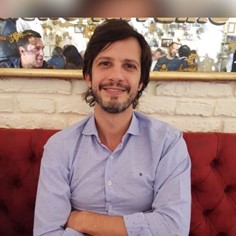 Nicolas Pliner Nicolas Pliner
Digital Advisor, Secretariat of Public Innovation, Argentina
Nicolas Pliner has been a digital advisor to the Secretariat of Public Innovation of Argentina since December 2019. He is in charge of the Digital Agenda area and is responsible for monitoring and coordinating digital government actions between the different agencies of the national government and local governments as well how to represent Argentina before public and private international organizations.
|
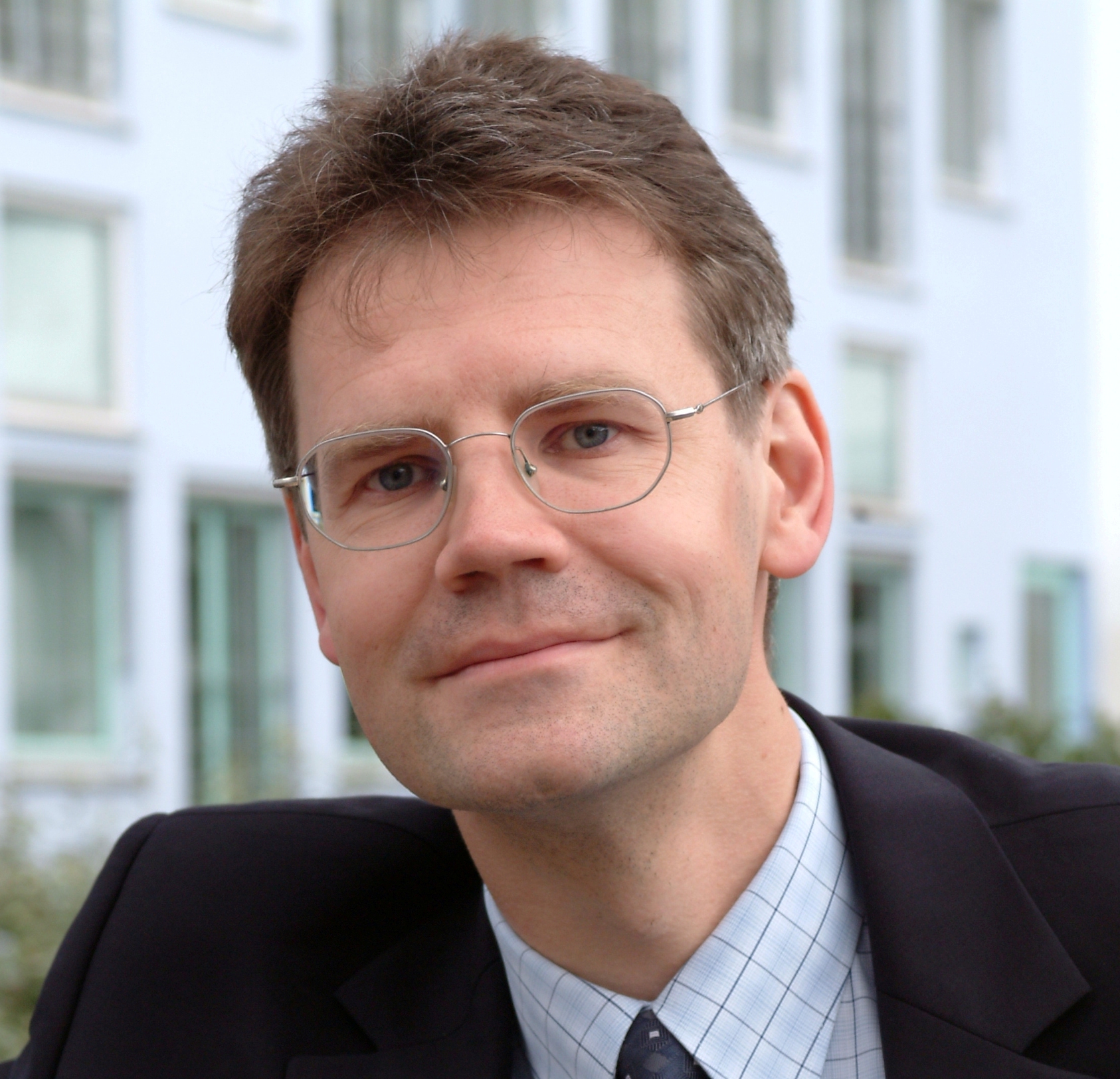 Kai Rannenberg Kai Rannenberg
Convenor, ISO/IEC JTC 1/SC 27/WG 5 "Identity management and privacy technologies", Chair of Mobile Business & Multilateral Security, Goethe University Frankfurt, Germany
Chair of Mobile Business & Multilateral Security (www.m-chair.de) at Goethe University Frankfurt since 2002. Visiting Professor National Institute for Informatics (NII) (Tokyo, Japan) since 2012. Since 2021 Honorary Treasurer IFIP (www.ifip.org), before Vice President. Since 2007 Convenor ISO/IEC JTC 1/SC 27/WG 5 “Identity management & privacy technologies”. Chair CEPIS (www.cepis.org) Legal & Security Issues Special Interest Network since 2003. 2004-2013 academic expert in the Management Board of EU Network and Information Security Agency, ENISA; 2013 till 2020 member ENISA’s Advisory Group (till 2019 named Permanent Stakeholder Group). 1999-2002 with Microsoft Research Cambridge focussing on Personal Security Devices & Privacy Technologies“. Kai has been coordinating several leading EU research projects, e.g. the Network of Excellence “Future of Identity in the Information Society (FIDIS)” and the Integrated Project “Attribute based Credentials for Trust” (ABC4Trust). Currently he is coordinating CyberSec4Europe, a pilot for the European Cybersecurity Competence Network the EU is aiming for. Kai's research interests include:
-
Mobile and embedded systems and Multilateral Security in e.g. M-Business, LBS, transport systems, and industrial applications
-
Privacy and identity management, especially attribute based authorisation
-
Communication infrastructures and devices, e.g. personal security assistants and services;
-
Security and privacy standardisation, evaluation, and certification.
|
|---|
 Natschja Ratanaprayul Natschja Ratanaprayul
Technical Officer, Digital Health and Innovations Department, WHO
Natschja (Nat) is a Technical Officer in the Department of Digital Health and Innovations at WHO, based in Geneva, Switzerland. Currently, Nat helps coordinate the work on Digital Documentation for COVID-19 Certificates as well as WHO’s work in regards to SMART Guidelines. Prior to joining WHO, Nat worked in strategy consulting across multiple sectors. She has a Bachelor of Arts in Economics and Bachelor of Sciences in Business Administration, both from the University of California, Berkeley; and she has a Master of Science in Public Health in International Health, Health Systems from the Johns Hopkins Bloomberg School of Public Health.
|
Jaehoon Shim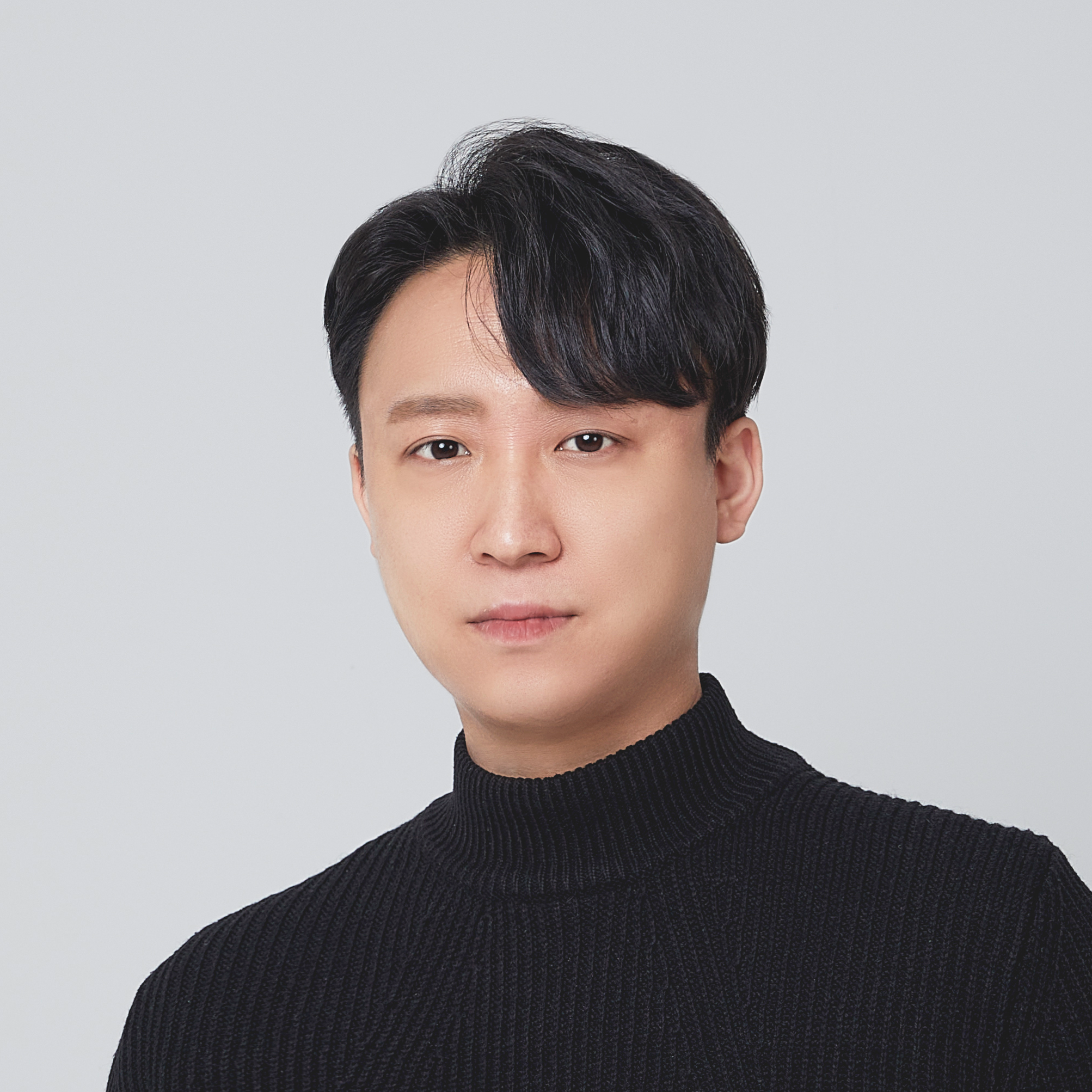
Head of Product, Blockchain Labs
Technical director of COOV, a blockchain-based COVID-19 vaccination certificate system with 25M+ DAUs and 1B+ verifications. Former blockchain researcher at LG. Graduated CS from UIUC.
|
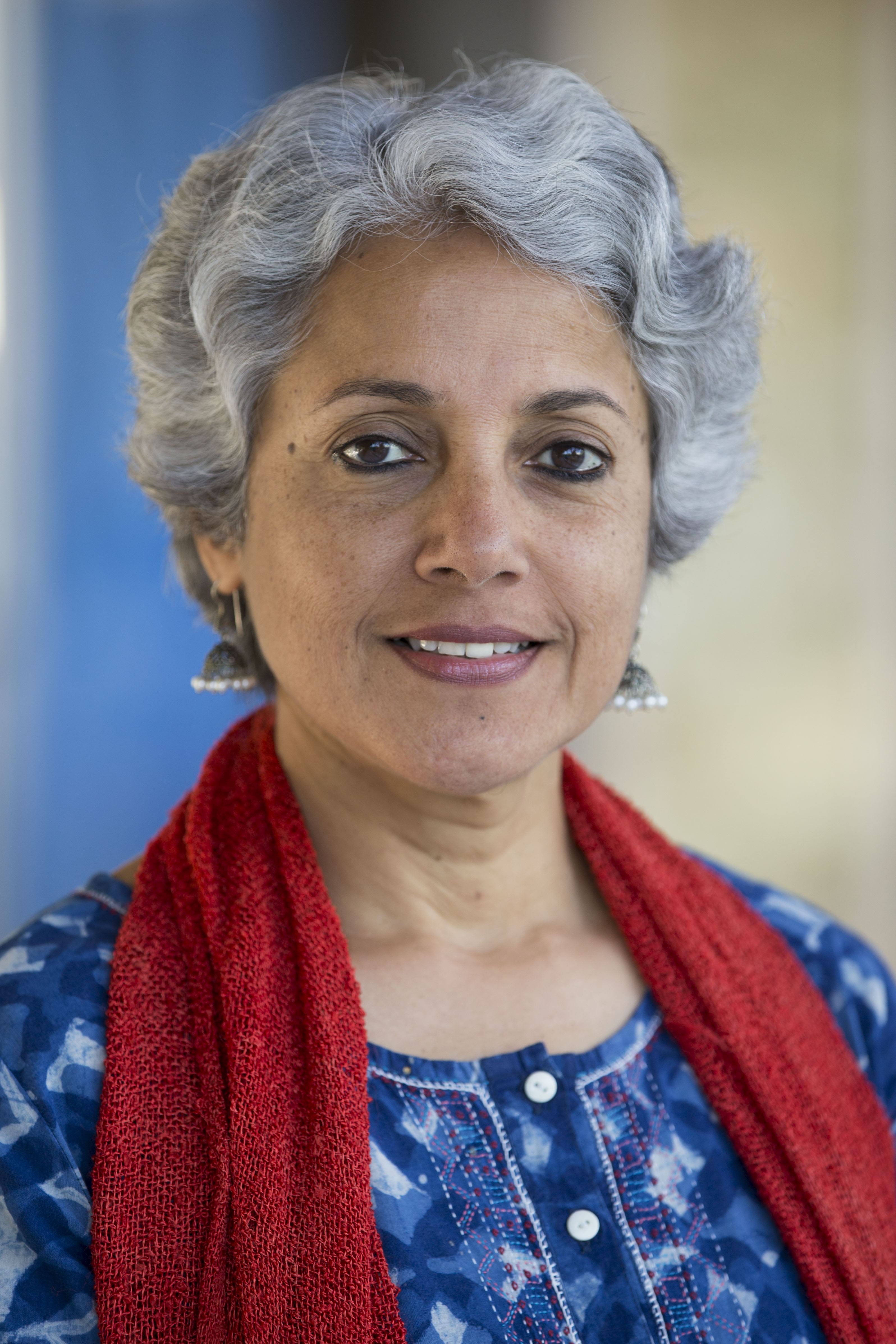 Soumya Swaminathan
Soumya Swaminathan
Chief Scientist, WHO
Dr Soumya Swaminathan was appointed WHO’s first Chief Scientist in March 2019. A paediatrician from India and a globally recognized researcher on tuberculosis and HIV, she brings with her 30 years of experience in clinical care and research and has worked throughout her career to translate research into impactful programmes. Dr Swaminathan was Secretary to the Government of India for Health Research and Director General of the Indian Council of Medical Research from 2015 to 2017. In that position, she focused on bringing science and evidence into health policy making, building research capacity in Indian medical schools and forging south-south partnerships in health sciences. From 2009 to 2011, she also served as Coordinator of the UNICEF/UNDP/World Bank/WHO Special Programme for Research and Training in Tropical Diseases in Geneva. She received her academic training in India, the United Kingdom, and the United States of America, and has published more than 450 peer-reviewed publications and book chapters. She is an elected Foreign Fellow of the US National Academy of Medicine and a Fellow of all three science academies in India. The Science division’s role is to ensure that WHO stays ahead of the curve and leverages advances in science and technology for public health and clinical care, as well as ensuring that the norms, standards and guidelines produced by WHO are scientifically excellent, relevant and timely. Her vision is to ensure that WHO is at the cutting edge of science and is able to translate new knowledge into meaningful impact on population health worldwide.
|
|---|
 Michiel Sweerts Michiel Sweerts
Policy officer, DG CNECT, European Commission
Michiel Sweerts is a policy officer in eHealth, Well-being and Ageing in the Directorate-General for Communications Networks, Content and Technology (DG CNECT) at the European Commission. He has been part of the Digital Covid Certificate team from its inception since joining the European Commission in late 2020. Prior to that he spent 13 years as a senior auditor at the European Court of Auditors, working across a range of policy areas, most recently technology and security. Prior to his career in the European institutions, Michiel qualified as a chartered accountant and worked in regulatory and operational affairs in the Belgian energy industry and as a manager at PwC in London.
|
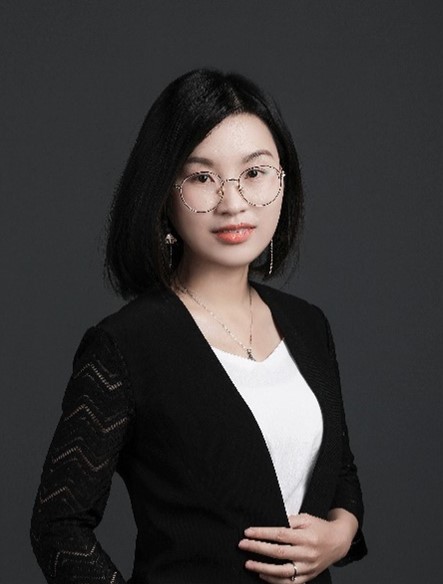 Shan Xu Shan Xu
Vice-Chair, ITU&WHO Focus Group on Artificial (FG-AI4H) | Senior Executive, the E-Health Department of Cloud Computing & Big Data Research Institute, China Academy of Information and Communications Technology, CAICT, China
Shan is the head of WHO Collaborating Centre for Digital Health, a senior executive of the E-Health Department of Cloud Computing & Big Data Research Institute, China Academy of Information and Communications Technology (CAICT). She is the vice-chair of ITU&WHO Artificial Intelligence for Health focus group(FG-AI4H), co-chair of the Ad-hoc group of the digital technologies on COVID health emergency (AHG-DT4ER), and was elected in the roster of WHO digital health expert, WHO Smart Vaccination Certificate (SVC) working group, and cybersecurity working group of the International Medical Device Regulators Forum (IMDRF).
|
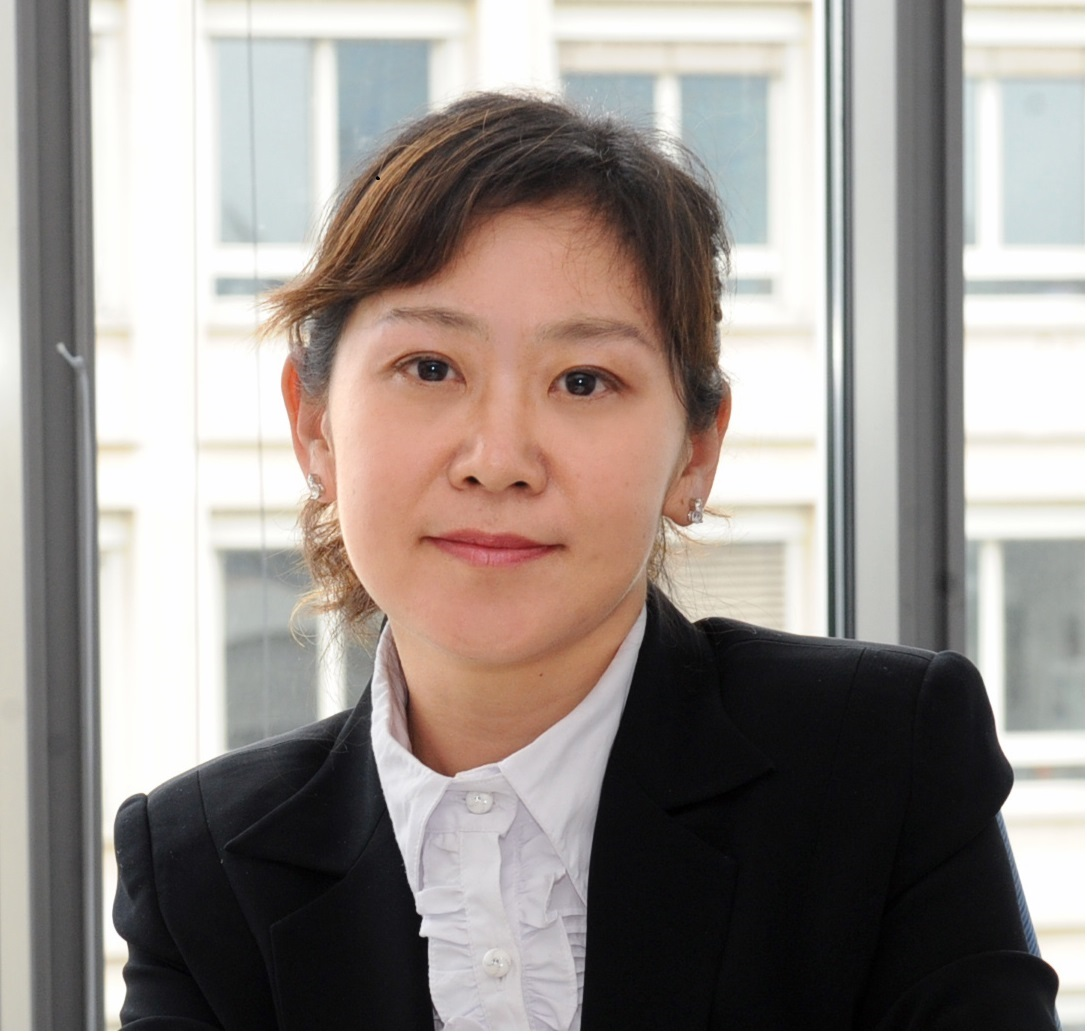 Xiaoya Yang Xiaoya Yang
ITU-T Study Group 17 Counselor
Xiaoya Yang serves as the Counselor of ITU-T Study Group 17 ‘security’ since 2017. With 20+ years of professional experience in telecommunication regulation, legislation and international standardization and coordination, she was the Head of the WTSA Programmes Division in the Telecommunication Standardization Bureau of the International Telecommunication Union (ITU-TSB) from 2010 to 2016, Co-counsellor of ITU-T Study Group 2 on 'Operational aspects of service provision and telecommunications management' and Study Group 3 on 'Tariff and accounting principles including related telecommunication economic and policy issues' from 2009 to 2010; Counselor of ITU-T Study Group 17 on 'Telecommunication security' from 2007 to 2008; and Workshop Project Coordinator from 2004 to 2006. Before joining ITU, she worked in the Ministry of Information Industry of China from 1998 to 2004. There she was the Division Director responsible for regulation of Internet and information security. From 1997 to 1998 she worked in China Telecom as a network engineer and service manager in their Internet service department. She has a M.S. in Computer Science from Tsinghua University, China and a MBA from Polytechnic University, Hong Kong.
|